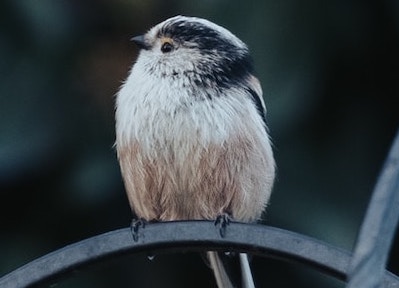
Blyth Valley and Southwold Wildlife Group: November report
The River Blyth Project and Wilder Wenhaston
Dr Wil Harvey of the Blyth River Project opened the SWT Blyth Valley and Southwold Wildlife Group talk by detailing efforts made by a group of volunteers to monitor the Blyth’s water quality. He explained that Earthwatch ranks East Anglia as having the most polluted river basin in Britain. The Blyth is contaminated by a wide range of pollutants, including natural decay, agricultural runoff, road drainage, and industrial and domestic waste. Surprisingly perhaps, flea treatments for pets are a serious addition. Volunteers regularly test water at multiple sites, both upstream and downstream of the Halesworth sewage works. E coli levels render the river unsafe for swimming, with much higher pollution downstream, where ageing and insufficient infrastructure worsens the problem, and sewage outflow from Halesworth and Southwold adds significantly to the river’s flow. While there are efforts to reduce phosphate levels, reliance on storm overflows raises concerns about further degradation. The Project continues to monitor the river, hold Anglian Water accountable, and highlight these critical issues.
In the second part of the evening, Alan Miller, who retired from the Suffolk Wildlife Trust just as the Covid lockdowns struck, came up with a plan. He invited Wenhaston villagers to record their garden birds and send him their details. This was so enthusiastically supported that he broadened the scope to include all forms of wildlife. Eighteen months later, the audit that resulted gave invaluable information, and the various local wildlife groups worked together to improve the local biodiversity. They have recorded over 80 ‘significant’ trees, which are now on the database in Ipswich. They have planted over 13,000 trees so far; worked with local landowners to restore hedgerows and ponds; created wildflower corridors and hedgehog highways; and last year started the Wilder Garden Trail, which will be open again next year. It was exciting to see how much can be achieved when a village works together, and good to know that volunteers can provide such important local knowledge.
Our next talk will be at a different venue due to maintenance work at the Arts Centre. We will be at the Reydon Sports and Community Centre, Wangford Road, Reydon IP18 6PA , on Thursday, 9th January, at 7.30pm. Simon Thompson will give an illustrated talk on the Birds of North Carolina. Entrance is £4 to include refreshments, under 25s are free, and everyone is welcome.
Contact us at swtblythvalley@gmail.com.
Penny Mansfield






